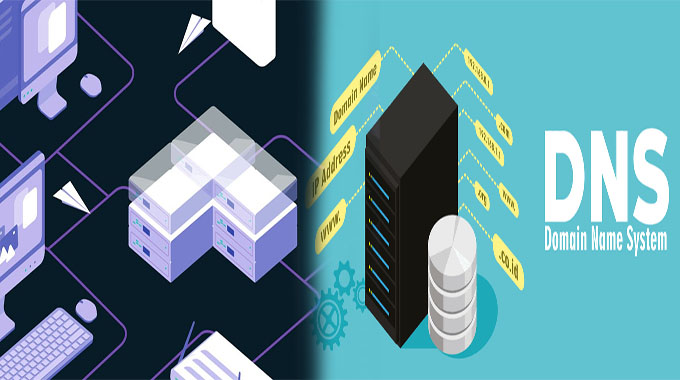The Domain Name System: How It Works
The Domain Name System (DNS) is the backbone of the Internet. Without it, you wouldn’t be able to access websites or send email unless you memorized IP addresses. It’s kind of like a phone book for the Internet: it translates domain names into IP addresses so that networked devices can understand each other. In this article, we’ll explain how DNS works and why it’s important for understanding how the world wide web works.
What is the Domain Name System (DNS)?
The Domain Name System (DNS) is a hierarchical distributed naming system for computers, services and other resources connected to the Internet or a private network. The domain name system translates human-friendly computer hostnames into IP addresses. In order to achieve this, it must maintain data about that mapping. This data is stored in a set of interrelated databases called zones.
The Domain Name System was created in 1983 by Paul …















